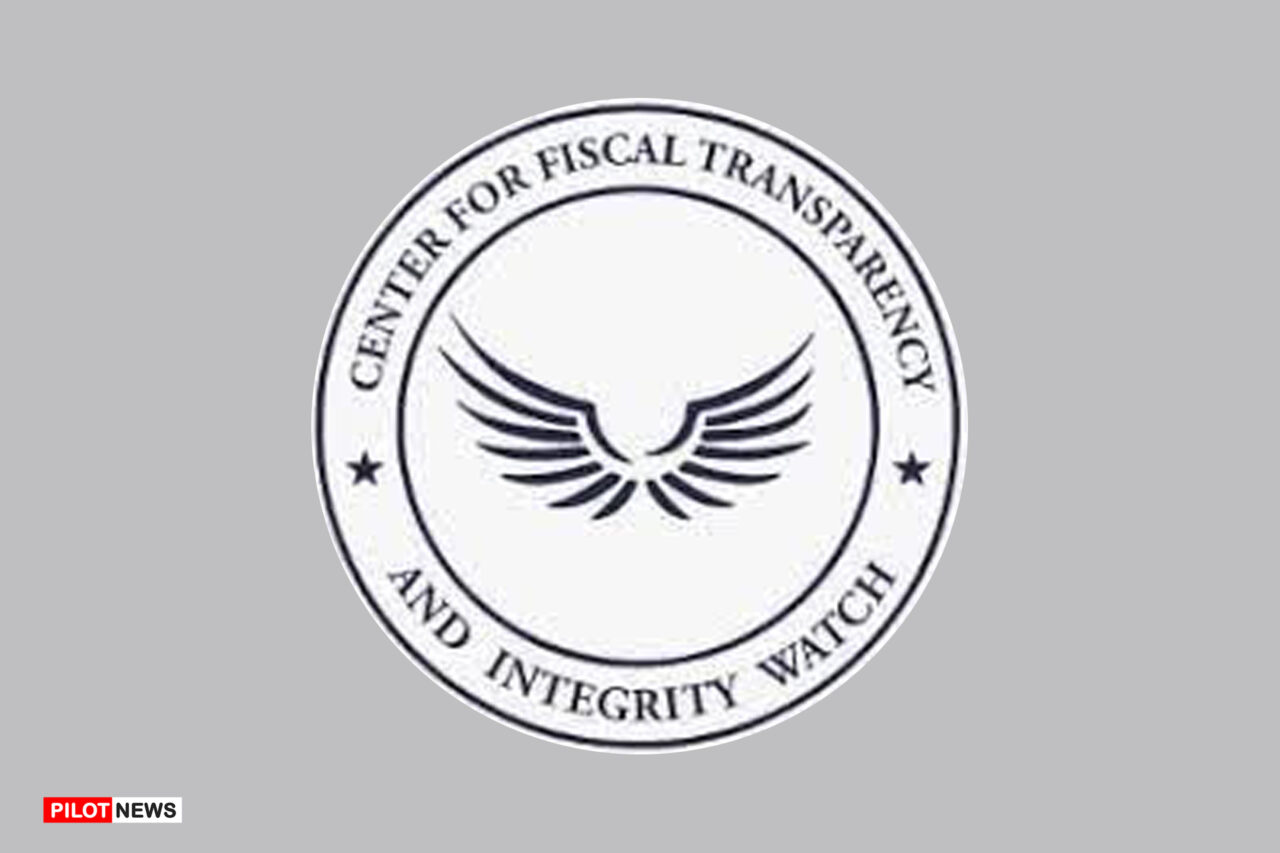The National Assembly has been tasked to expedite action and ensure the passage of the whistleblower bill enacted in 2016, as a safe alternative for exposing dishonest dealings.
Umar Yakubu, Executive Director of, the Center for Fiscal Transparency and Integrity Watch (CeFTIW) made the call at the presentation of Civil Society’s Monitoring Mechanism for Nigeria’s Implementation of the United Nations Convention Against Corruption, UNCAC, noted that the law has become more urgent following the raging corruption in the country.
UNCAC is a universal anti-corruption instrument, covering a wide range of issues such as prevention, criminalization, international cooperation, and asset recovery.
He called for a sustainable legal framework using the whistle-blower law to tackle corruption in the country and noted that the Nigerian system is known for throwing money at issues, rather than critically analyzing them before proffering lasting solutions.
“Although the federal government said it is not backing down on the whistleblower policy, the enthusiasm for whistle-blowing to tackle corruption has reduced over the fear of attacks and reprisals.
“We need a legal framework to back people who see corruption and speak out against it. We need safe desks at MDAs where workers can safely and anonymously report corruption,” he said.
Meanwhile, a corruption monitoring mechanism designed by a coalition of CSOs has been presented by Tamara Berepubo, Program Officer at the Center, saying the document is a guide for assessing Nigeria’s implementation of the global anti-corruption framework.
According to her, the template highlights the challenges and gaps in Nigeria’s anti-corruption fights and provides concrete and actionable recommendations to address them.
“The monitoring template will also showcase some of the good practices and innovations that responsible government organizations in Nigeria have implemented to promote the UNCAC principles and values.
”We arrived at these mechanisms through consultations and validation from experts, including government agencies, civil society organizations, academics, and international partners,” she said.
Recall that Nigeria in October 2004 ratified the UNCAC, committing to the legally binding universal anti-corruption instrument.


